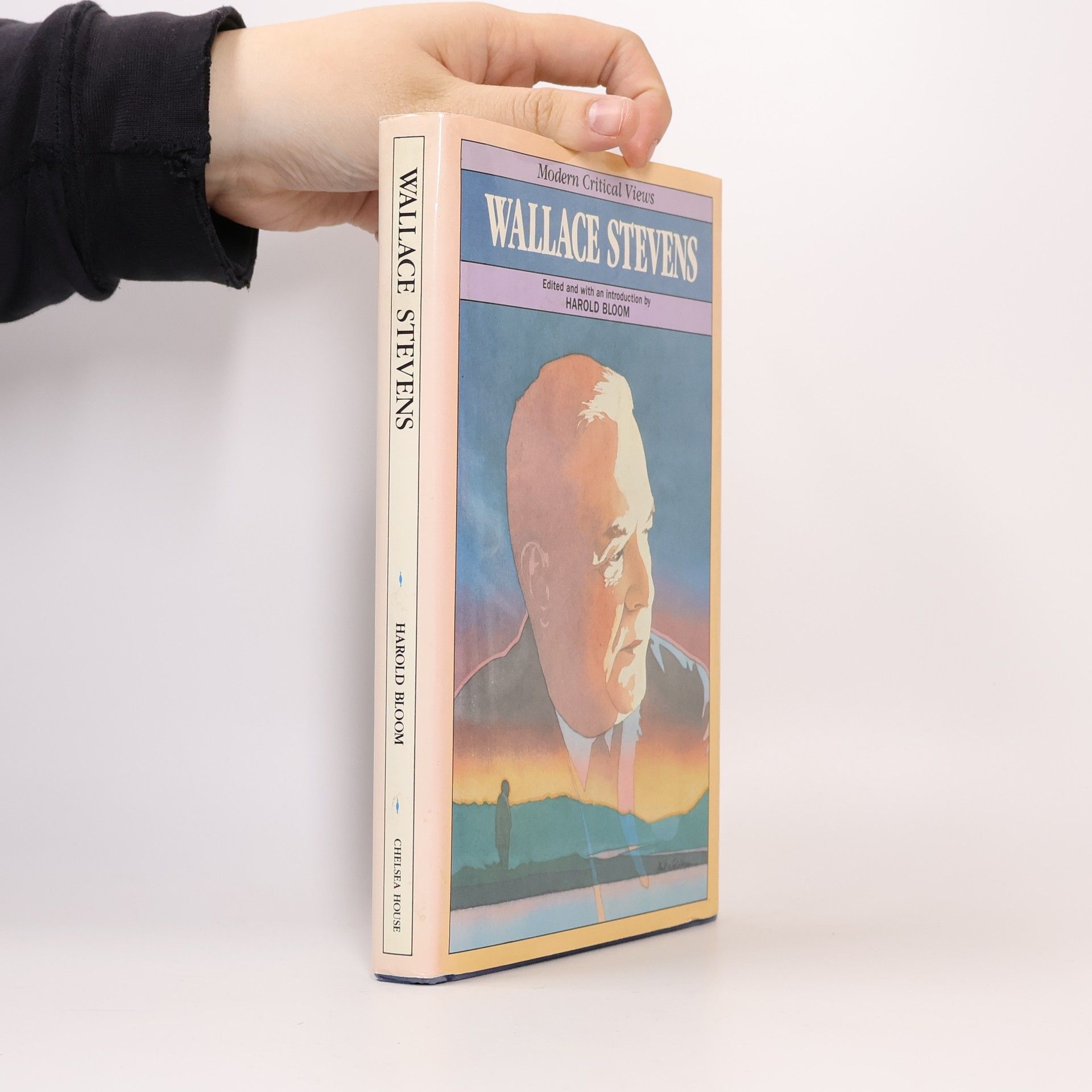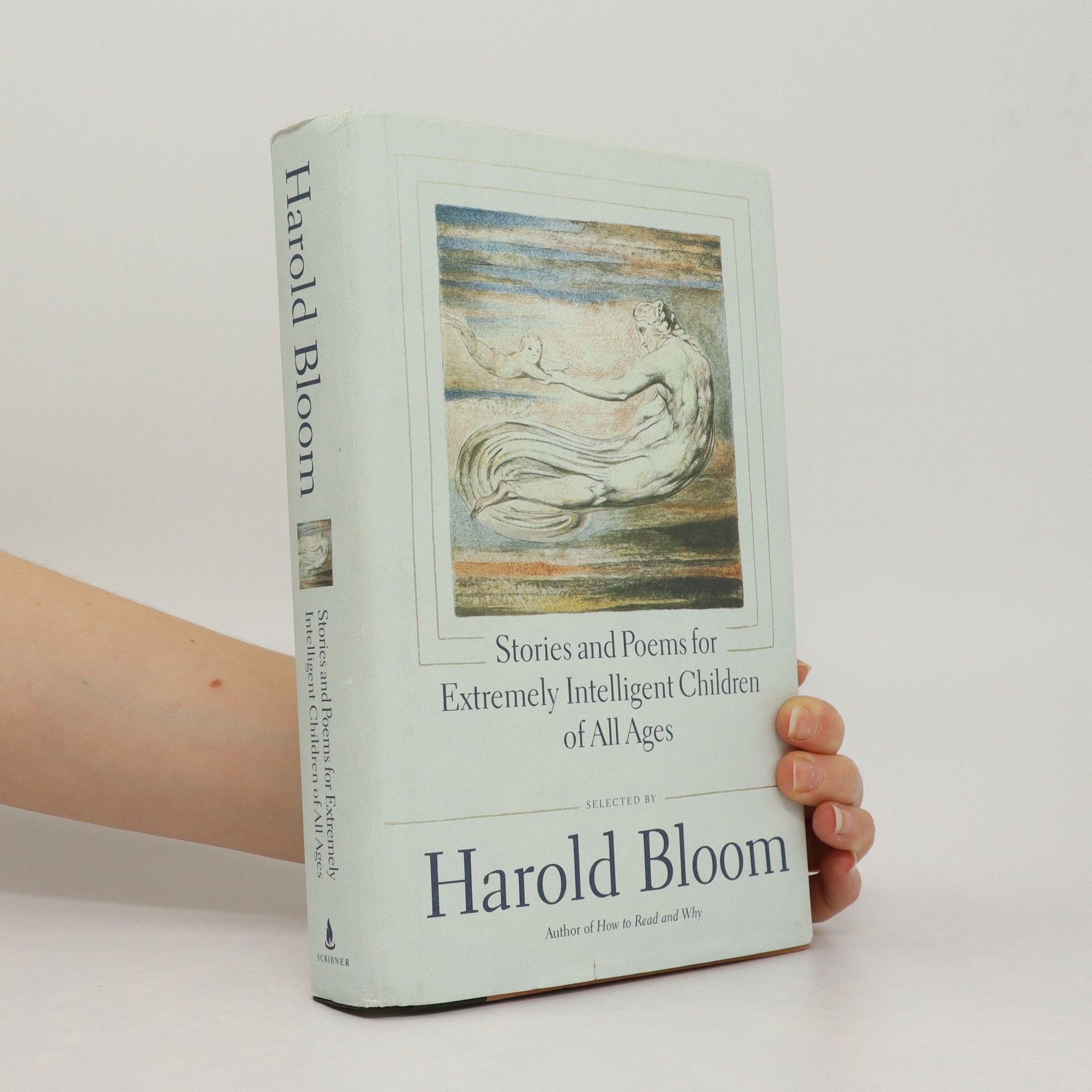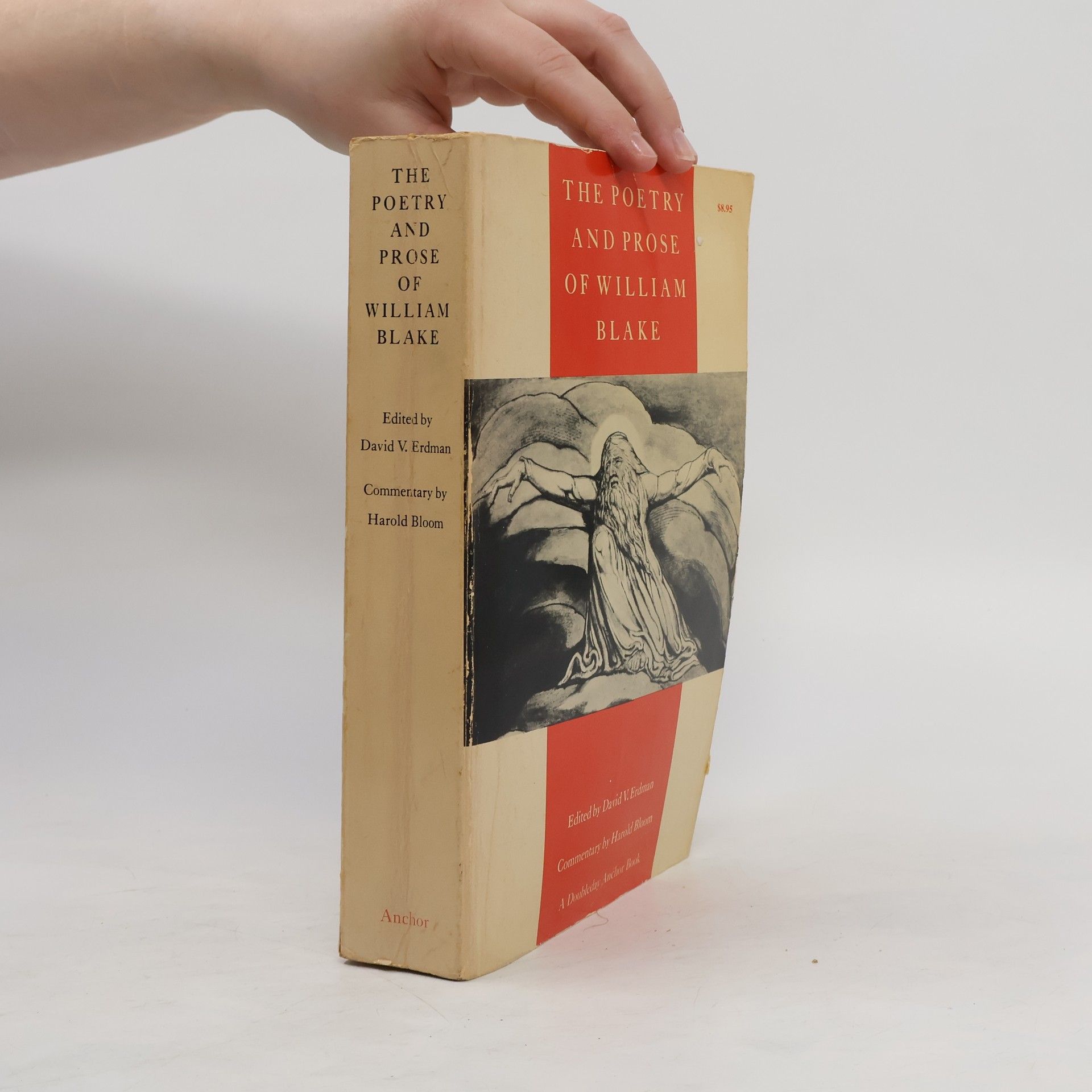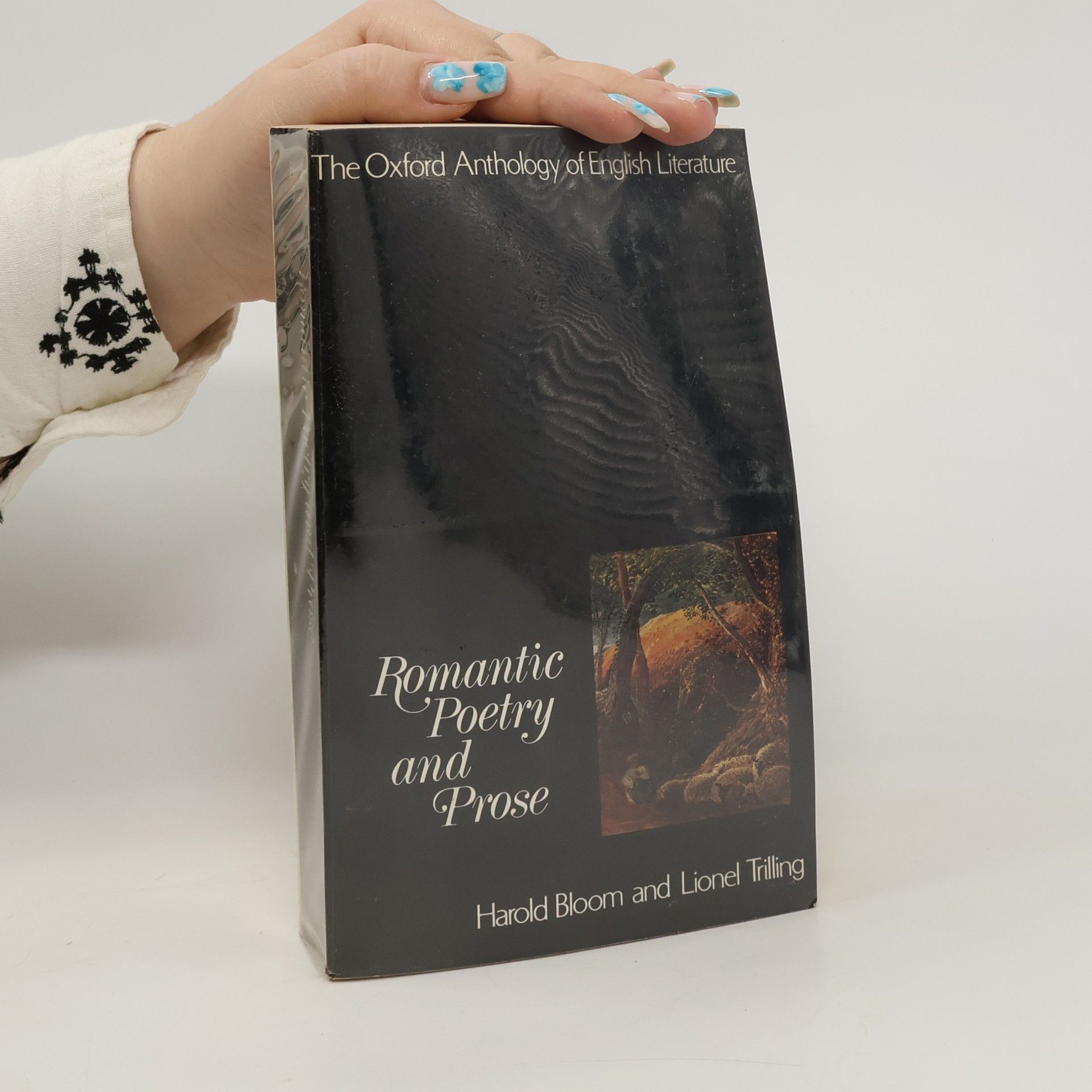Since it was first published in 1965, David V. Erdman's edition has been widely hailed as easily the best available text of Blake's poetry and prose. Comparing it to other Blake texts, Michale J. Tolley in Southern Review observed that it has "very much fuller textual annotations; and incorporates a remarkable number of new readings, including an almost complete recovery of the suppressed or altered passages in Jerusalem and many new readings of hitherto dubious passages in the manuscript, including many in The Four Zoas." F.W. Bateson, writing in The New York Review, pointed out that "the crucial preliminary problem [in establishing Blake's text] is simply to make out what Blake wrote -- including, of course, what he wrote before he deleted the manuscript or erased the engraving (or the copper-plate script). Erdman has used the modern aids such as infra-red photography, micro-photography and a powerful magnifying glass to help his own sharp and experienced eyes, but his real achievement has simply been to look at the physical realities of Blake's text more closely and intelligently than any previous editor."
Harold Bloom Books
Harold Bloom was an American literary critic renowned for his profound engagement with literary tradition. His extensive body of work delves into the intricate relationships between authors and the evolution of literary forms, often emphasizing canonical works and their enduring influence across centuries. Bloom's style is characterized by its encyclopedic scope and a passionate defense of literary genius. His writings encourage readers to contemplate the nature of creativity and the lasting power of great literature.







The Daemon Knows
- 544 pages
- 20 hours of reading
Celebrated American literary critic Harold Bloom turns his attention to the writers of his own national literary tradition, from Walt Whitman and Herman Melville to William Faulkner and Hart Crane. The distillation of a lifetime of criticism, it is one of Bloom's most profoundly personal books to date.
The Best Poems of the English Language
- 1008 pages
- 36 hours of reading
An anthology of poems which attempts to give readers the possession of six centuries of great British and American poetry.
Stories and Poems for Extremely Intelligent Children of All Ages
- 573 pages
- 21 hours of reading
The nation's most celebrated literary critic introduces children to the exciting world of literature through this collection of great stories by Hans Christian Andersen, William Blake, O. Henry, Tolstoy, Mark Twain, Oscar Wilde, and others. 100,000 first printing.
Johann Wolfgang von Goethe
- 278 pages
- 10 hours of reading
-- Brings together the best criticism on the most widely read poets, novelists, and playwrights -- Presents complex critical portraits of the most influential writers in the English-speaking world -- from the English medievalists to contemporary writers Johann Wolfgang von Goethe was a monumental figure in 19th-century Germany, and his Faust stands among the finest works of Western literature.
Bloom's Modern Critical Views: Wallace Stevens
- 196 pages
- 7 hours of reading
This volume devotes over 100 pages to William Blake, including The Book of Thel and the entire "Night the Ninth" from The Four Zoas, as well as excerpts from Milton and Jerusalem. It also includes poems and prose by Wordsworth, Coleridge, Keats, Shelley, and Byron.
Toni Morrison's Beloved
- 130 pages
- 5 hours of reading
A critical overview of the work features such contributors as Bernard W. Bell, Trudier Harris, Nancy Jesser, and Susan Corey.
Kurt Vonnegut's Slaughterhouse-Five
- 183 pages
- 7 hours of reading
Presents critical essays that discuss the language, characters, plot, and major themes of the novel dealing with one man's memory of the fire-bombing of Dresden.
Franz Kafka
- 235 pages
- 9 hours of reading
- A complex critical portrait of one of the most influential writers in the world- Bibliographic information that directs readers to additional resources for further study- A useful chronology of the writer's life- An introductory essay by Harold Bloom.

